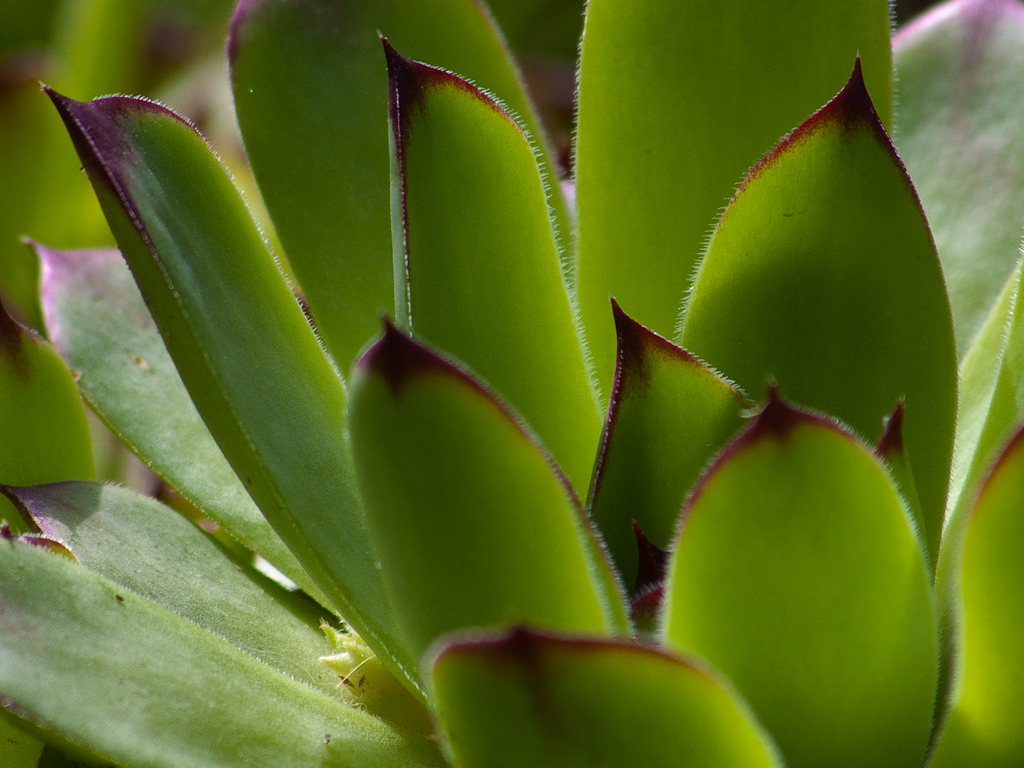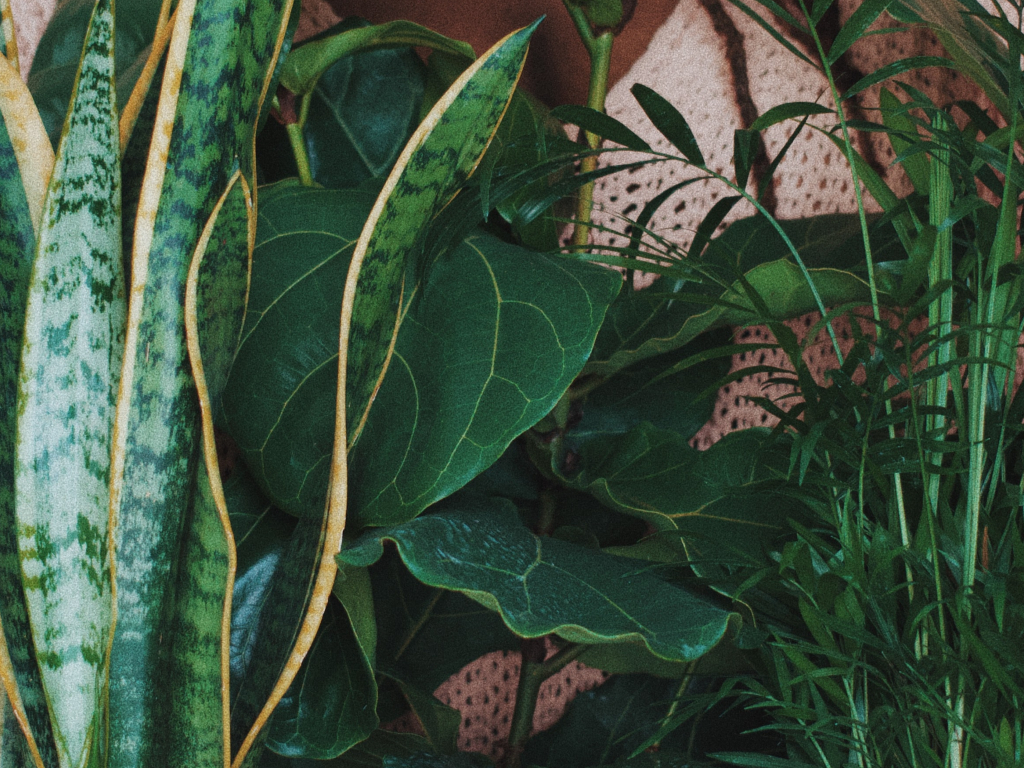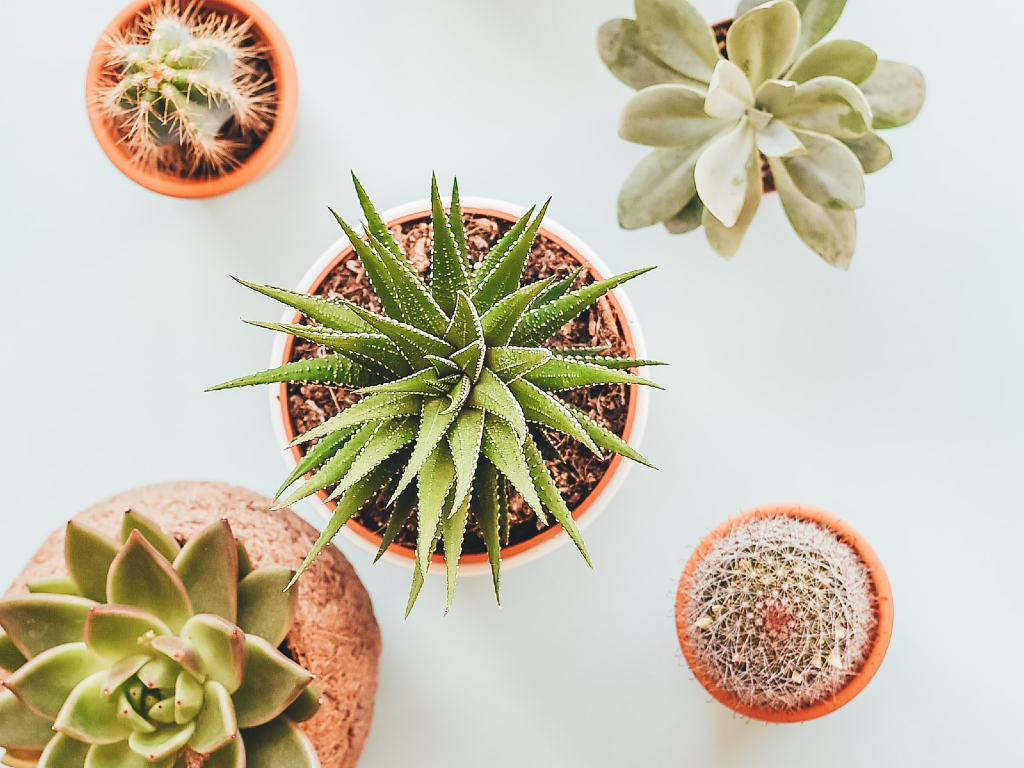Snake Plant Care: How to Grow This Alluring Houseplant
Your Family & Friends Will Think You're a Gardening Genius!
Photo: Scott Zona
Looking for a beautiful houseplant that's easy to care for and won't die easily?
Want to look like a houseplant master in one easy step?
Well, I've got something for you today - Snake Plant!
This wonderful houseplant is one of our favorites, so read on to find out why it's one of the best indoor plants for beginners!
Intro to Snake Plant
Snake plant (Dracaena trifasciata) is a beautiful houseplant that's ideal for newbies.
With its crisp green spears this sassy perennial adds lovely contrast to any space, indoor or outdoor.
It’s easy to care for, tough, and tolerant of a variety of conditions.
It purifies the air and requires little in the way of water.
Snake Plant is an easy and fun houseplant for newbies and seasoned gardeners alike!What Is Snake Plant?
Snake Plant (Dracaena trifasciata) is a succulent from the agave family whose native habitat is in India and Africa.
It’s an excellent starter plant due to its ability to withstand a wide variety of light, temperature and humidity conditions. It's pretty much indestructable.
What makes Dracaena trifasciata different from other houseplants is that it tolerates low light environments exceptionally well.
It also has a striking look and provides a wonderful contrast in color, shape and texture to other plants.
Why Buy a Snake Plant - Benefits
Still not convinced that Snake Plant is an excellent houseplant for your home of office?
Here are some other compelling reasons.
- Air purifying (removes toxins such as formaldehyde and benzene)
- Tough as nails
- Low maintenance (low water requirements)
- Excellent in low-light rooms (and it performs photosynthesis in the dark thus producing oxygen at night)
- Low to moderate toxicity (but don’t let your kids or pets eat it)
- One of the best starter plants for beginners
- Sexy looking - beautiful shape, color and texture
How to Take Care of a Snake Plant?
Light
Snake Plant likes partial shade, so only give it direct sunlight for part of the day - 1-5 hours.
For indirect sunlight longer is fine.
Water
Simply water your Mother In Law Tongue plant when the soil is dry - that might be every few weeks, once a month or less depending on where you live (water less in winter as well).
Snake Plant comes from desert regions, and they are used to neglect, so lazy gardeners rejoice as watering won't be an issue!
Soil
Any potting soil or cactus mix will work - just make sure it's pest-free with good drainage.
A good way to avoid excess water in your Snake Plant pot/container is to double check that it has a drainage hole at the bottom (Remember to put a catch tray underneath if your plant is indoors.
Container
Use a clay or ceramic post as Snake Plant needs more stability than plastic pots can provide.
Temperature
The idea temperate range for your Snake Plant is 55-85 degrees fahrenheit (12-30 degrees celsius). It's a desert plant, after all.
Just make sure it doesn't stay outside in sub zero temperatures for too long though (like any houseplant).
Humidity
Snake Plant is an exceptionally tolerant plant, and it will handle humid environments without problems. However, unlike some houseplants e.g. Calathea (Prayer Plant) it doesn't require any extra humidity.
Nutrients
Snake Plant doesn't require extra nutrients to survive, but if you want to give your plant some fertilizer or plant food there is an ideal time to do so.
Fertilizer
The best time to give Snake Plant fertilizer is during their prime growing season in spring and summer.
Plant food
Your Mother in Law's Tongue plant will benefit most from plant food in the spring and summer months.
Dangers
Although our research sources say the poison severity of Snake Plant is low relative to other houseplants the Saponins (poison) can still present problems for cats, dogs and horses including: Vomiting (sometimes with blood), nausea, depression, diarrhea, hypersalivation, dilated pupils.
Snake plant might be low maintenance, but it isn't to be ingested by your pets or kids.
Pets & Children
Cats - avoid (good luck!)
Dogs - avoid
Horses - avoid
Children - avoid (put it up high enough that they won't be able to grab it)
Repotting
Snake Plant can be moved from one pot to another - just make sure your container is neither too big nor too small.
Propagation / Dividing
The easiest way to propagate Snake Plant is with cuttings of its leaves.
Simply cut the leaf somewhere near the top, and place it in water or soil (more info below).
In Soil
Just place the spear tip vertically in a cup with soil. Your Snake Plant will grow roots within 6-8 weeks, so be patient.
In Water
To propagate Snake Plant in water put the leaf cutting into a cup or container or water vertically. Same as with soil it will take 6-8 weeks to see any root growth. Patience is a virtue!
Snake Plant Rescue: Pests, Diseases, Etc
To revive your Snake Plant we would advise repotting into an appropriately sized container with excellent drainage.
Use high quality potting soil or cactus soil and ensure it's damp but not too wet. You can give your snake plant plenty of indirect sunshine / shade with blue sky exposure.
Snake Plant Types & Varieties
There are two common varieties of Snake Plant, and they sometimes get confused with each other. For that reason we will use their latin names to avoid confusion.
Dracaena trifasciata
Commonly known as: Snake Plant, Mother In Law’s Tongue, Golden Birds Nest, Good Luck Plant
Previously known as: Sansevieria trifasciata
Phonetic spelling (pronunciation): dra-SEE-nah try-fas-ee-AY-tuh
Dracaena trifasciata is the most popular variety of Snake Plant.
It sometimes gets confused with an ‘imposter’, and that is Dracaena angolensis (aka African Spear - below).
Dracaena angolensis
Commonly known as: African Spear, Brazil Saint Bárbara Sword, Cylindrical Snake Plant, Spear Sansevieria)
Previously known as: Sansevieria cylindrica
Phonetic spelling (pronunciation): dra-SEE-nah an-go-LEN-sis
----Frequently Asked Questions About Snake Plant
What Size of Container/Pot Should I Get For My Snake Plant?
A good rule of thumb is that your container should always be 2 inches wider than the plant's root ball. For example - if you have an 8 inch plant then use a 10 inch pot.
How Hard is It to Care For a Snake Plant?
Snake Plant is literally one of the easiest houseplants to care for. With minimal requirements for water, light and nutrients this hardy desert plant will thrive in most indoor environments.
Why are snake plants called snake plants?
The origin behind the word 'snake' is their sharp snake-like leaves. The plant is also called Mother In Law's Tongue Plant because supposedly her tongue is sharp and so are the plant's leaves.
What Plant Stand / Shelf Should I get For Snake Plant?
When selecting a Snake Plant rack make sure your plant baby has plenty of room above it as the leaves can grow up to 3-4 feet tall.
We recommend using a multi level wooden indoor plant rack if your Snake Plant is inside.
What Are the Cons / Disadvantages of Snake Plant?
Some of the downsides to Snake Plant include the followng:
- Prone to overwatering
- Somewhat toxic to pets and kids
- Can only tolerate a low of 55 fahrenheit (12 celsius), so it doesn't do well in freezing winter temperatures outside
Is There More Than One Type of Snake Plant?
Yes, see above.
Is Snake Plant a Good Houseplant For Beginners?
Yes, absolutely!
Sources
https://plants.ces.ncsu.edu/plants/dracaena-trifasciata/
https://cals.arizona.edu/cochise/mg/plant-profile-sansevieria
We Recommend
 How Often Should I Water My Hen & Chicks Plant (Sempervivum)?
How Often Should I Water My Hen & Chicks Plant (Sempervivum)?
TheSassyPlant.com
 What Are the Best Low Light Houseplants?
What Are the Best Low Light Houseplants?
TheSassyPlant.com
 What DIY Soil Mix Is Best For Succulents Indoors?
What DIY Soil Mix Is Best For Succulents Indoors?
TheSassyPlant.com
Popular Articles
Is Miracle Gro Cactus Soil Good For Succulents?
The Best Corded Pole Hedge Trimmer (Electric) For 2023
About The Sassy Plant
Hi, we're Dan & Kat. We love plants and gardening and wanted to share what we've learned along the way with you. The Sassy Plant is a cheeky take on plants, gardening and home. Go here to learn more about us. We hope you enjoy!
